Oregon Green Schools
We support the Oregon Green Schools program. Certified Oregon Green Schools enjoy the following benefits:
- development of an effective waste reduction and resource conservation program that allows students to explore real-life, hands-on topics
- opportunity to attend the annual Oregon Green Schools Summit, which provides students and staff with interactive workshops, school displays, networking and inspiration to help improve their programs
- recognition on the Oregon Green Schools website and local publications
- framed certificate, plaque or flag to recognize your school's certification
Interested in becoming a Green School? Check out Oregon Green Schools to download an application or see a sample application. If you have questions about the process, contact wasteinfo@clackamas.us or 503-557-6363.
Clackamas County Green Schools
![]() =Premier
=Premier ![]() =Merit
=Merit ![]() =Green
=Green
| Ardenwald Elementary | |||
| Bolton Primary | |||
| Butte Creek School | |||
| Candy Lane Elementary | |||
| Carus Elementary | |||
| Cedaroak Park Primary | |||
| Columbia Academy | |||
| Deep Creek Damascus | |||
| Forest Hills Elementary | |||
| Jennings Lodge Elementary | |||
| Hallinan Elementary | |||
| John McLoughlin Elementary | |||
| Lake Grove Elementary | |||
| Lakeridge Jr. High | |||
| Linwood Elementary | |||
| Lowrie Primary | |||
| Milwaukie High | |||
| Molalla Elementary | |||
| Molalla High | |||
| Molalla River Middle | |||
| North Clackamas Christian | |||
| Oak Creek Elementary | |||
| Oregon City Service Learning Academy | |||
| Oregon Trail Elementary | |||
| Portland Waldorf School | |||
| Redland Elementary | |||
| Rex Putnam High | |||
| River Grove Elementary | |||
| St. John the Apostle | |||
| Scouters Mountain Elementary | |||
| Sojourner Elementary | |||
| Springwater Environmental Sciences | |||
| Spring Mountain Elementary | |||
| Stafford Primary | |||
| Trillium Creek Primary | |||
| Verne Duncan Elementary | |||
| View Acres Elementary | |||
| West Hills Montessori | |||
| Westridge Elementary | |||
| Willamette Primary School | |||
| Wilsonville High |
 Translate
Translate






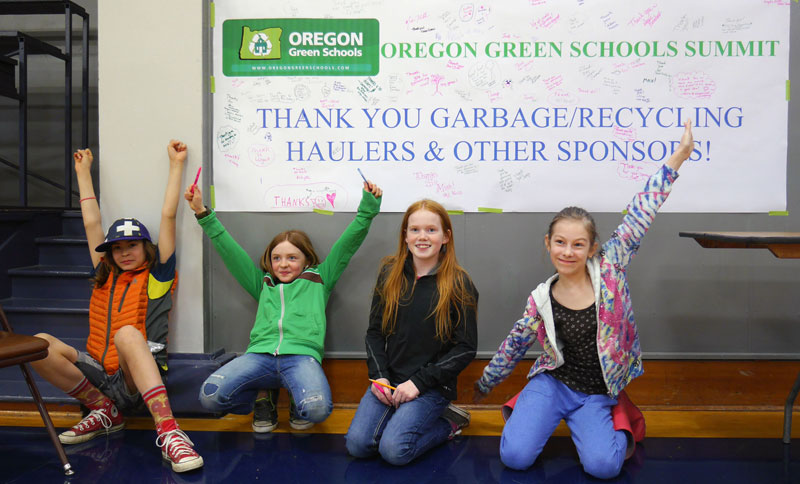
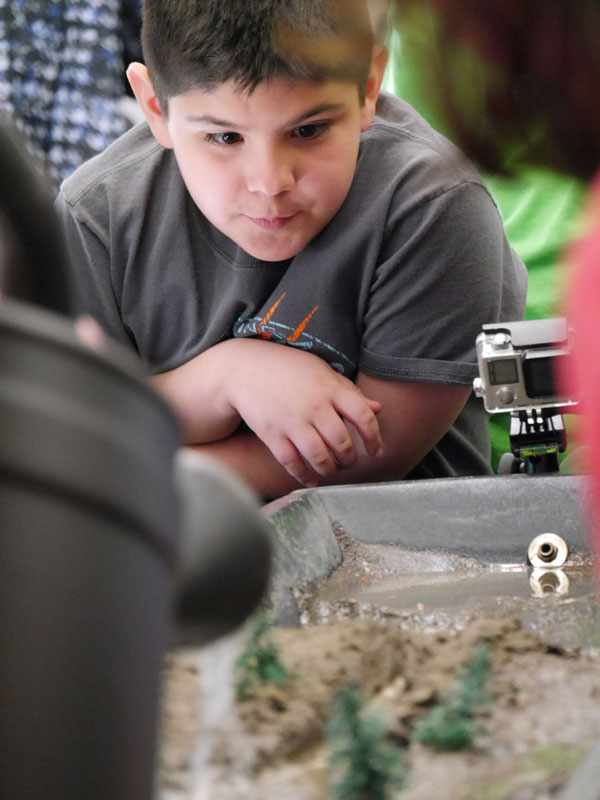
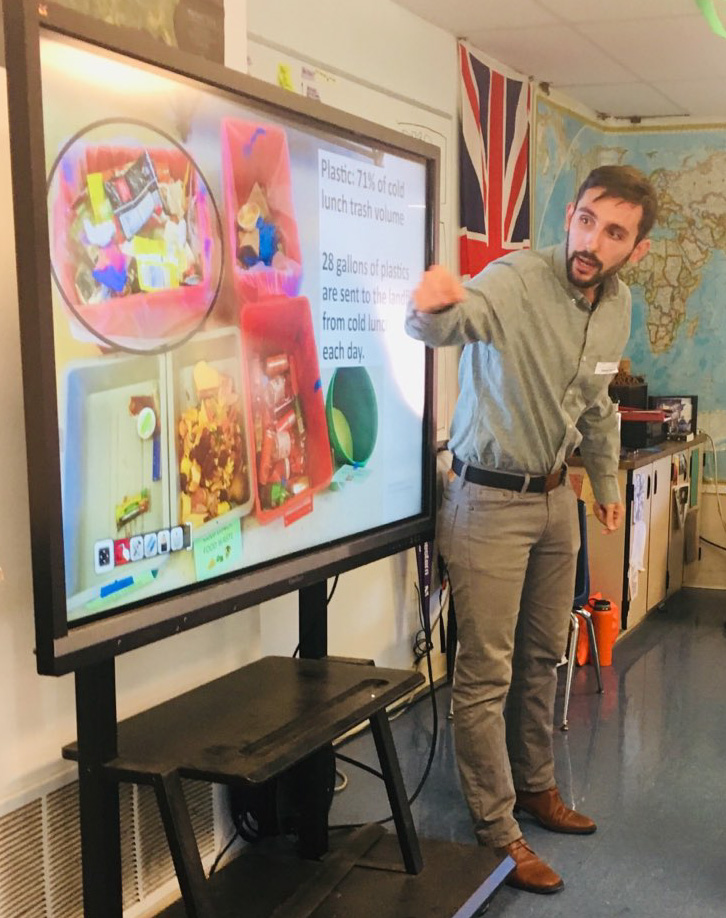 We offer resources and assistance to help your school set and meet recycling and waste reduction goals. Our work is in partnership with the Clackamas County Refuse and Recycling Association. Explore our resources below.
We offer resources and assistance to help your school set and meet recycling and waste reduction goals. Our work is in partnership with the Clackamas County Refuse and Recycling Association. Explore our resources below.




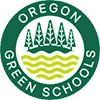


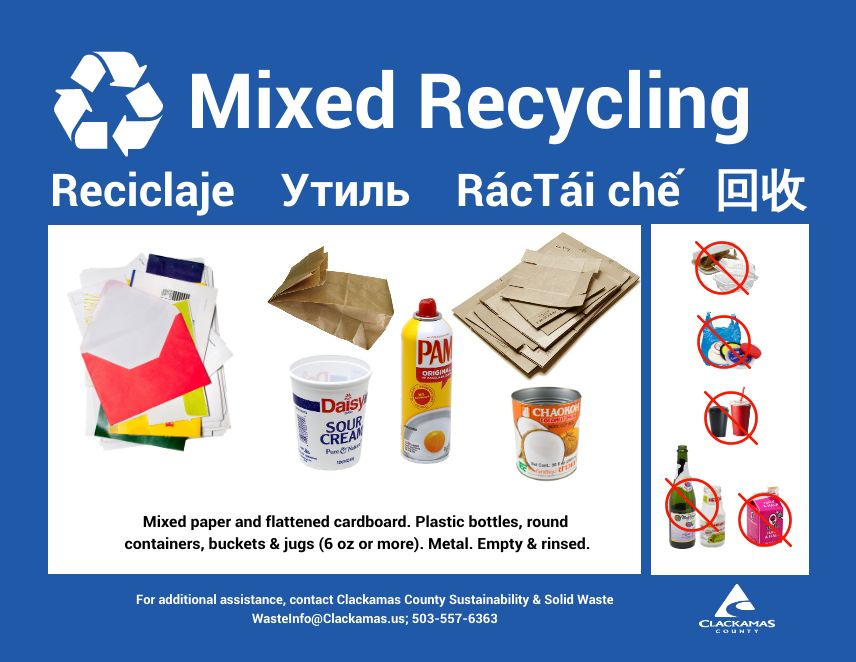
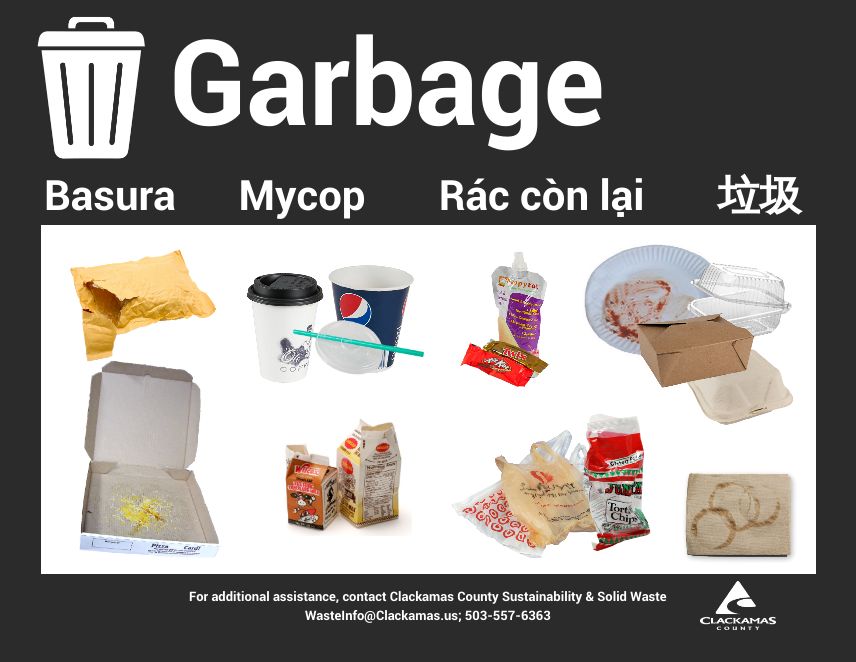
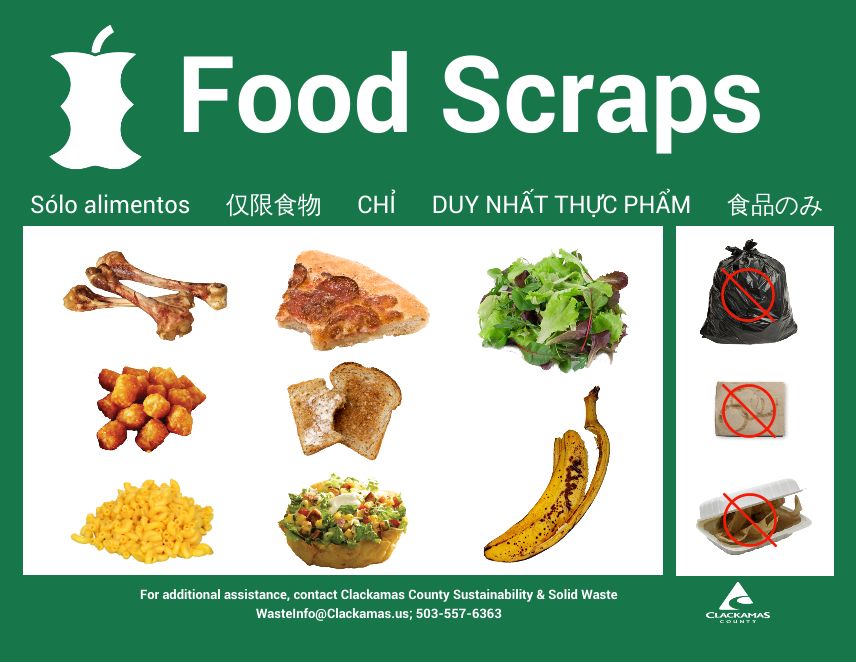
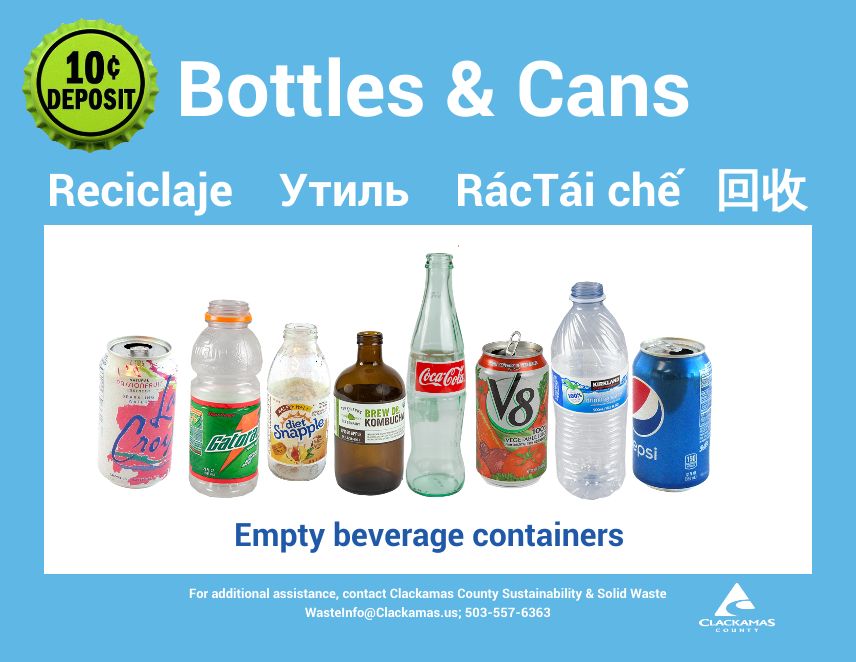
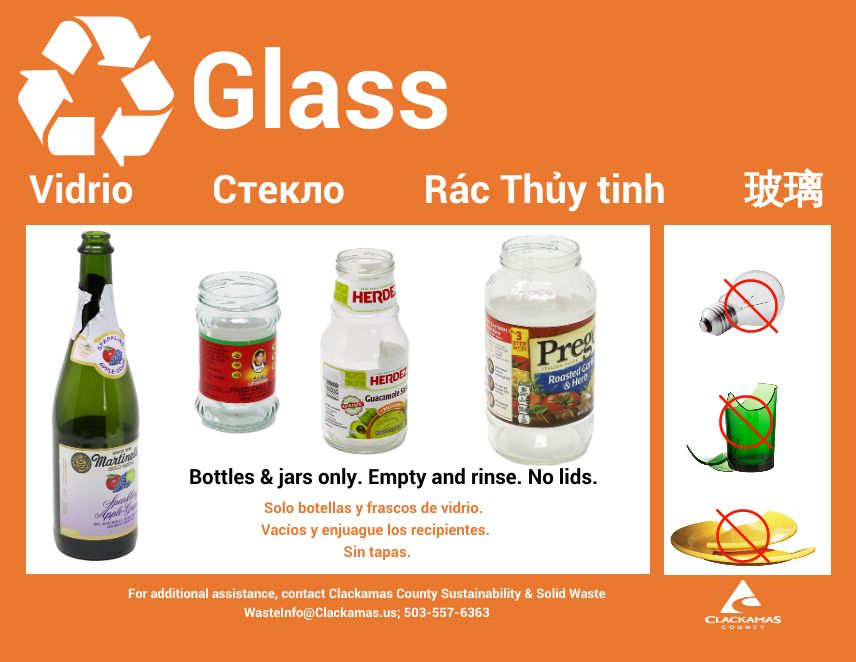
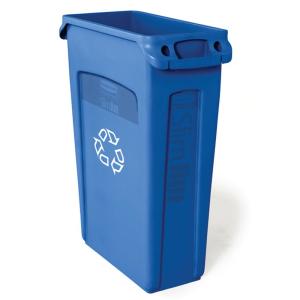
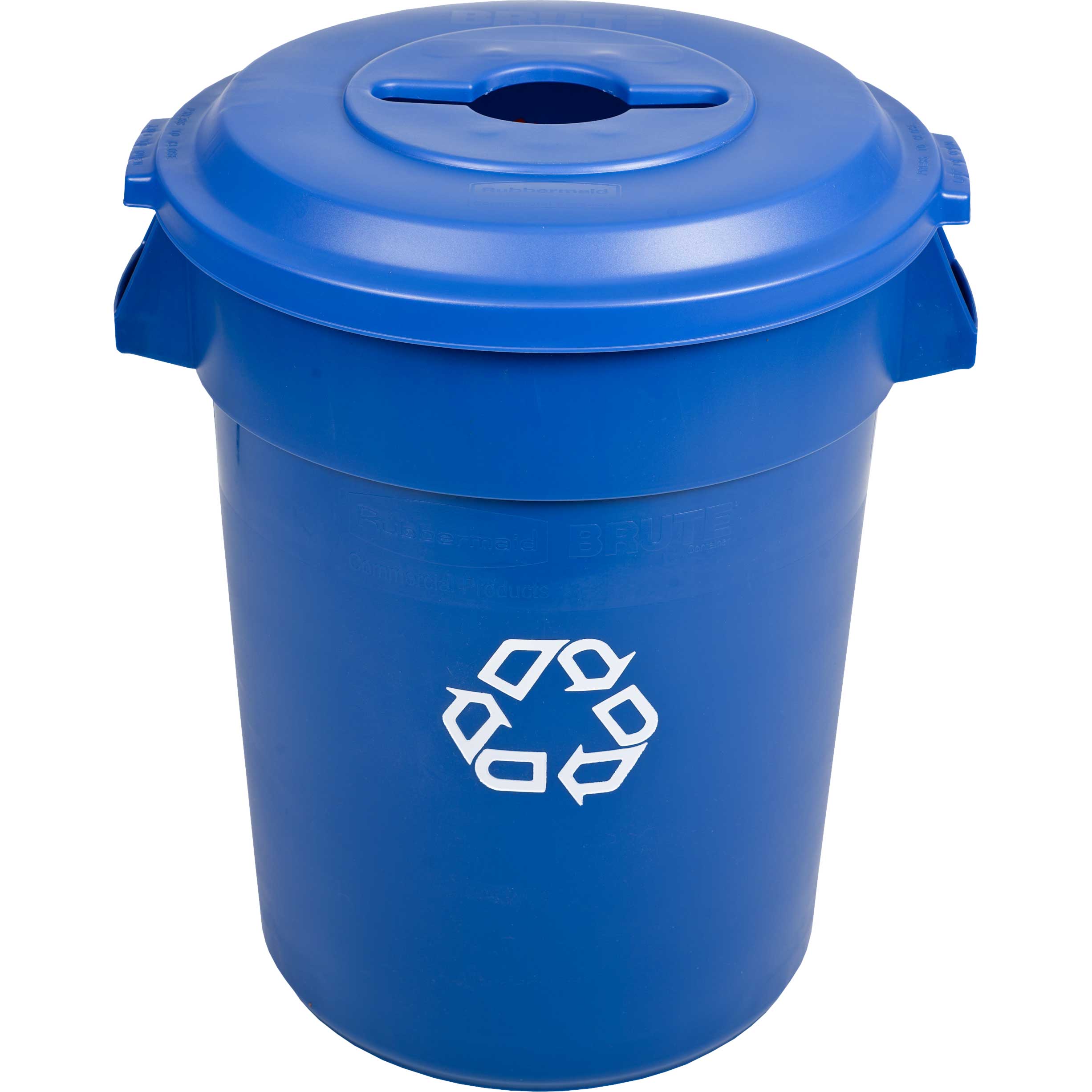
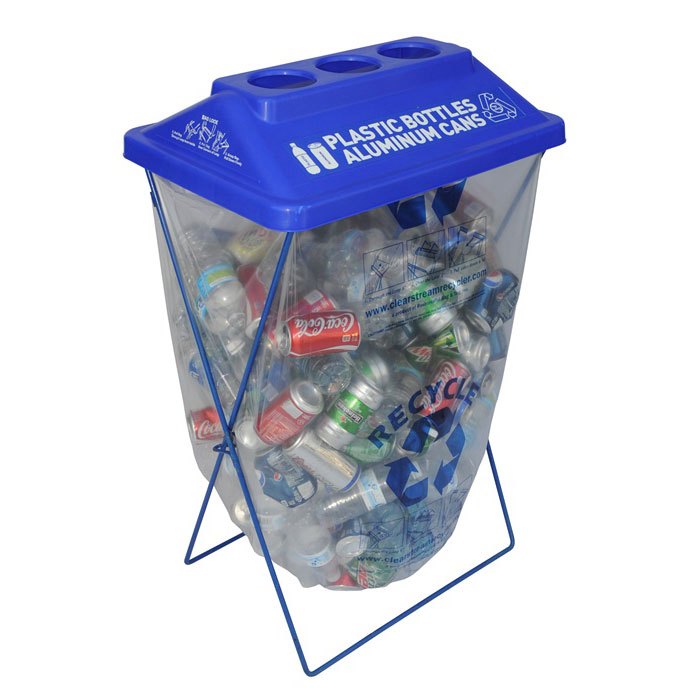
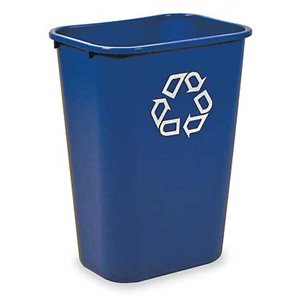
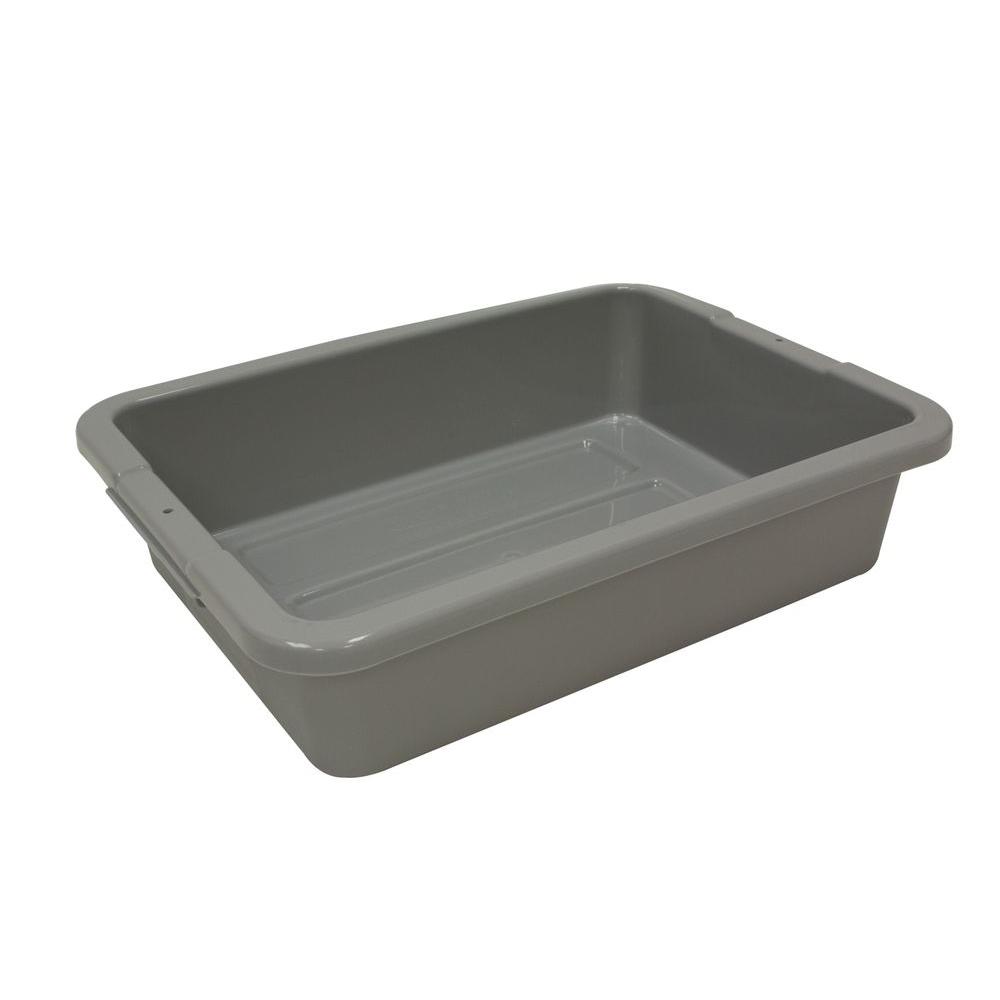
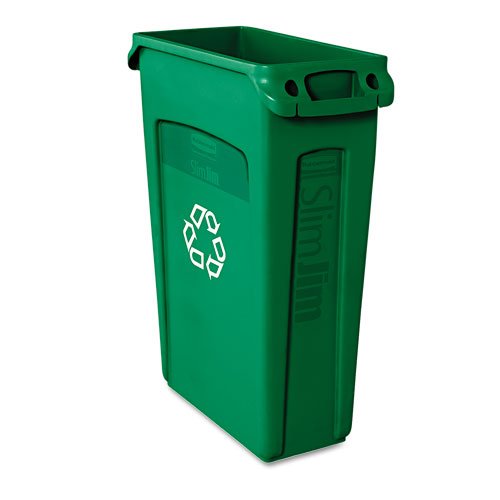
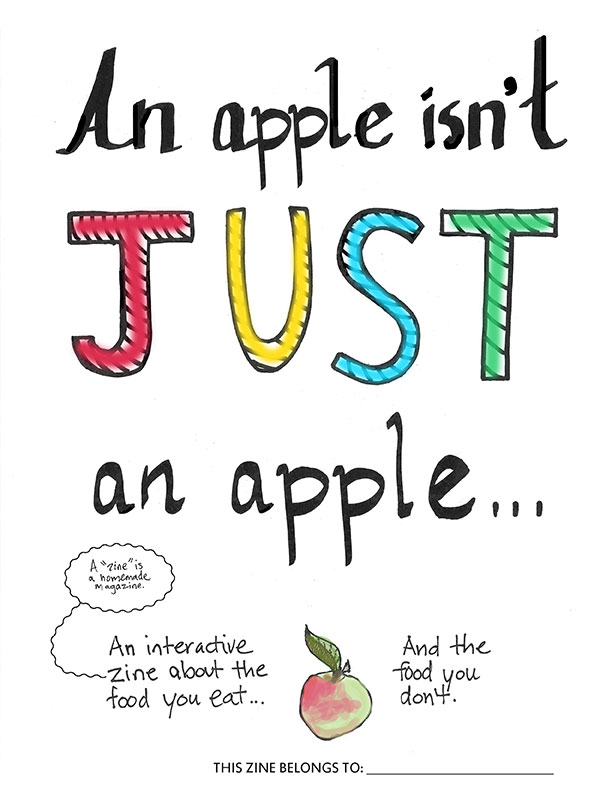
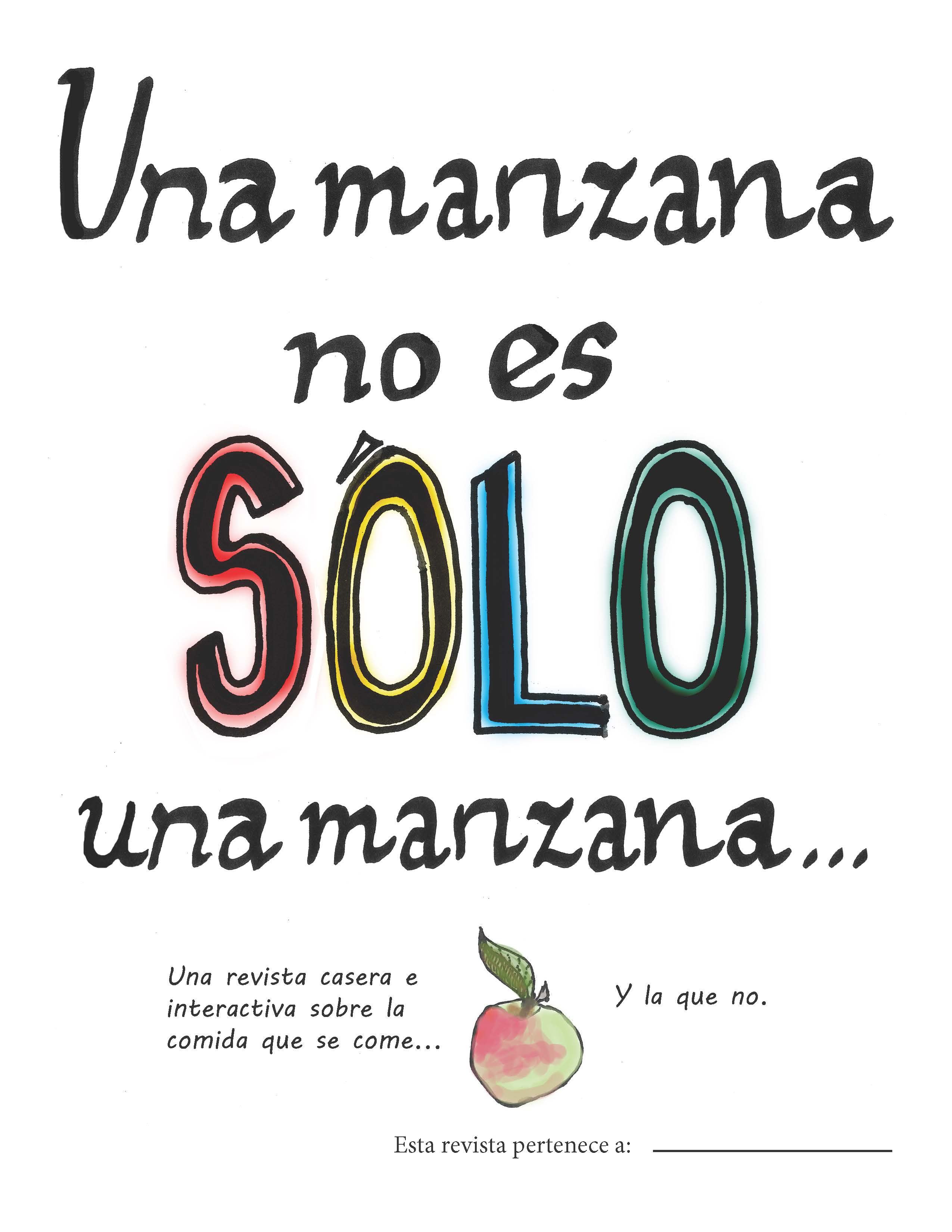
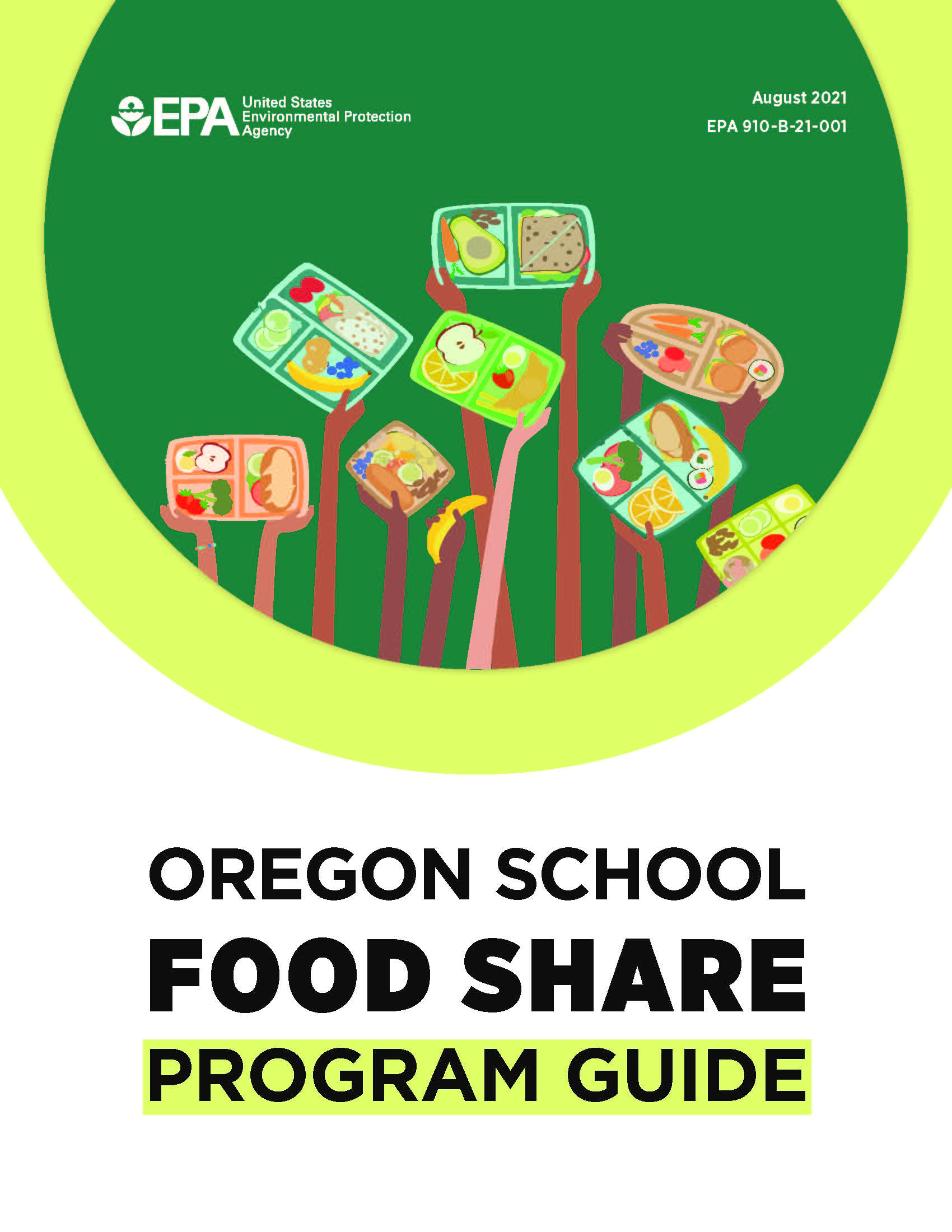
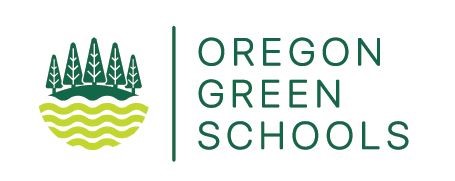
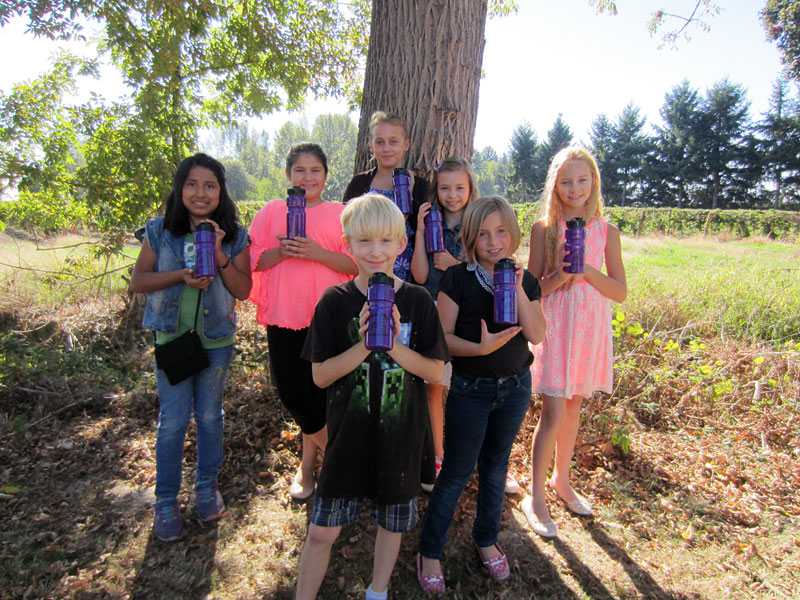
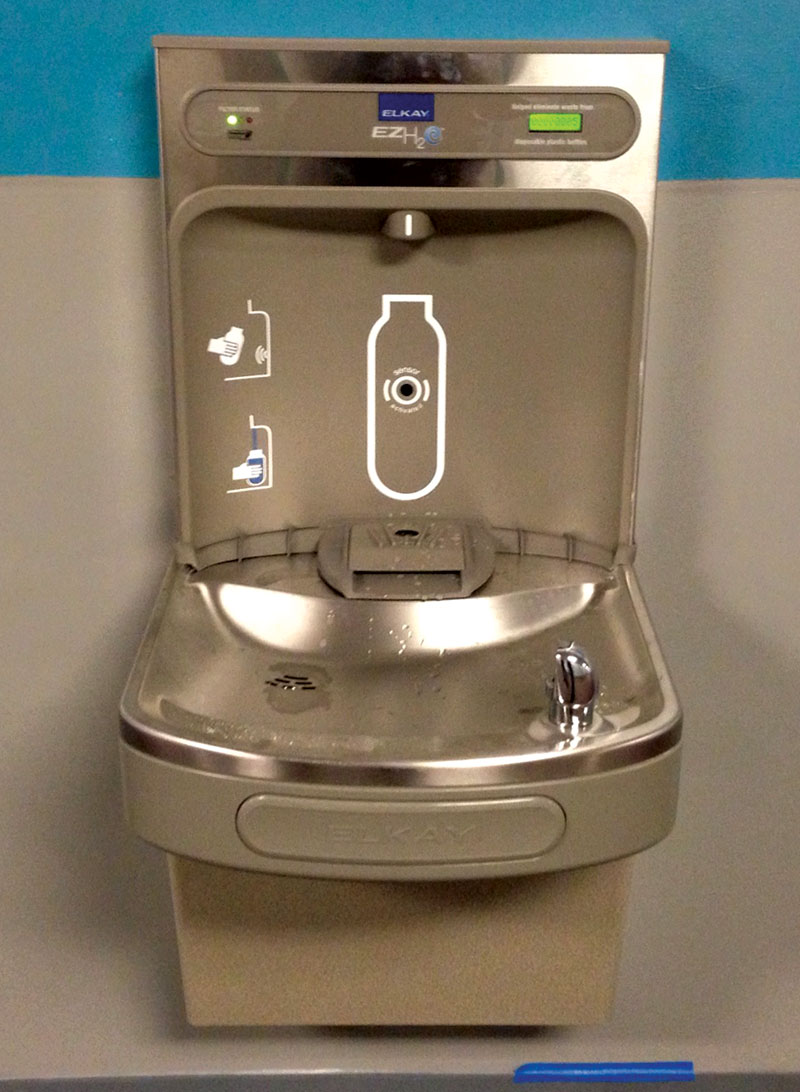
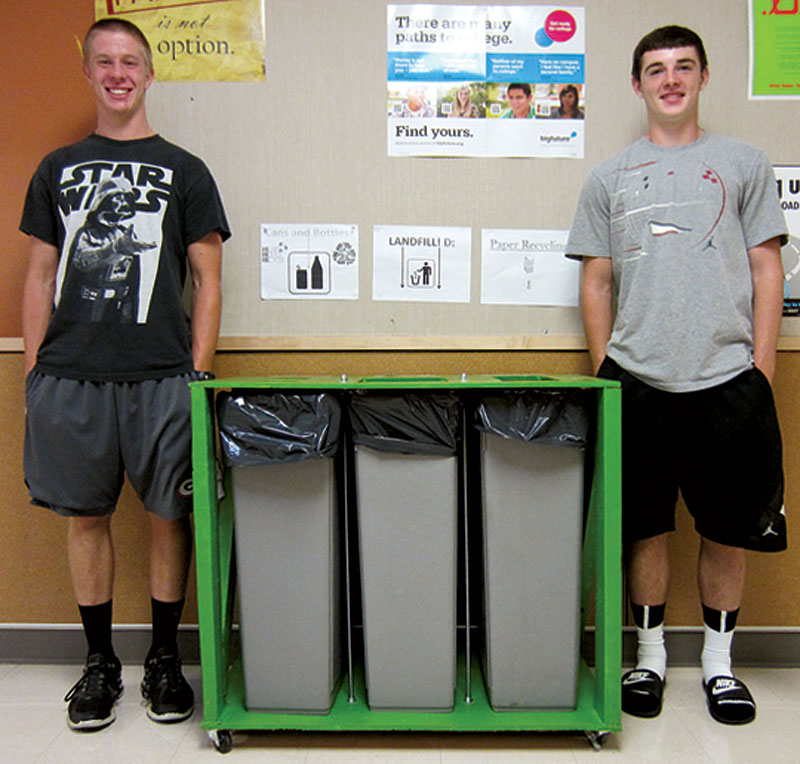
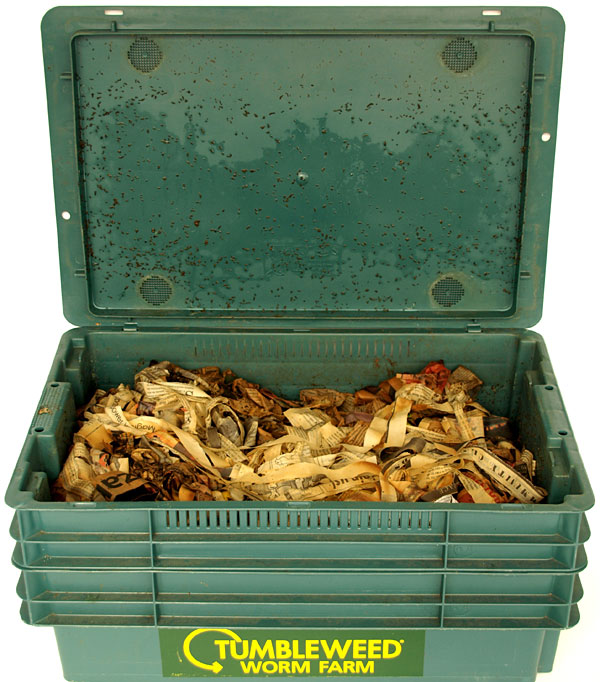
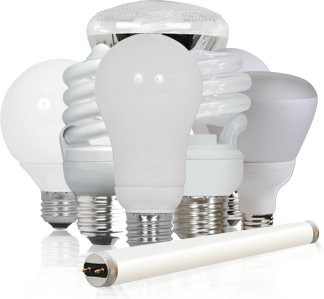
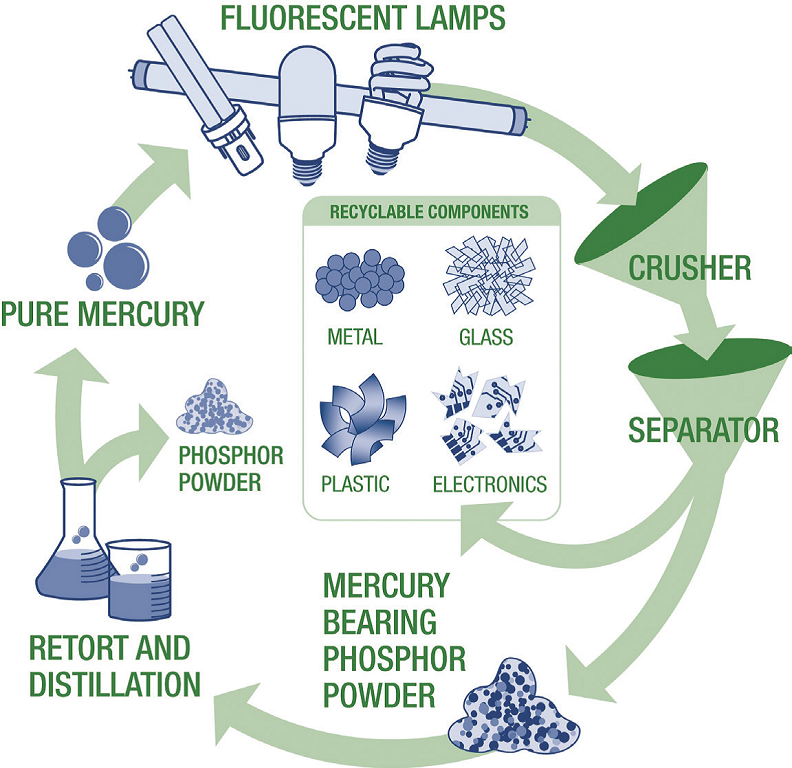
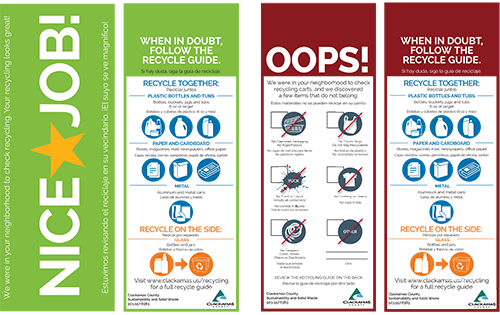
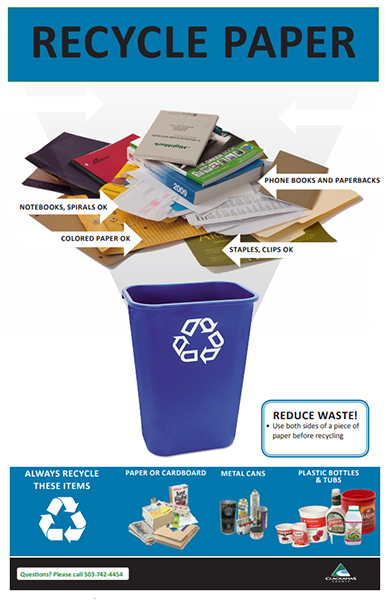
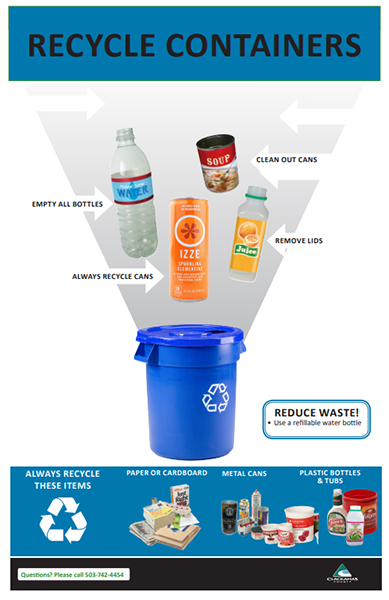
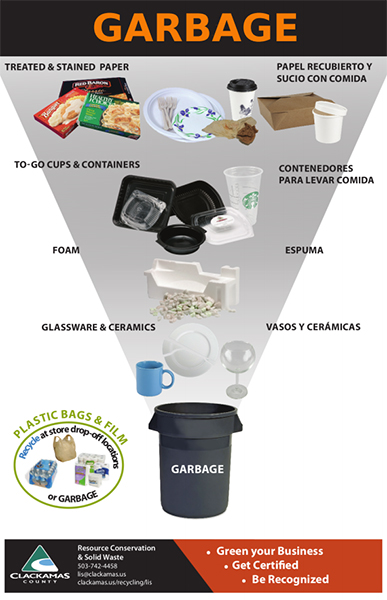
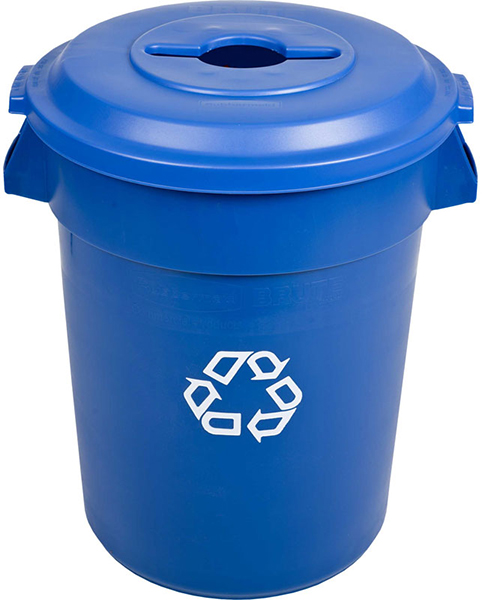
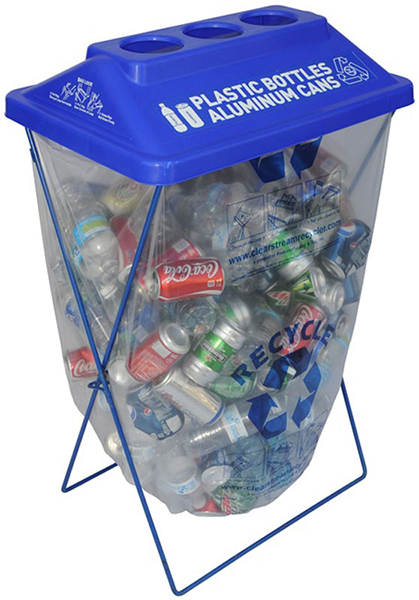
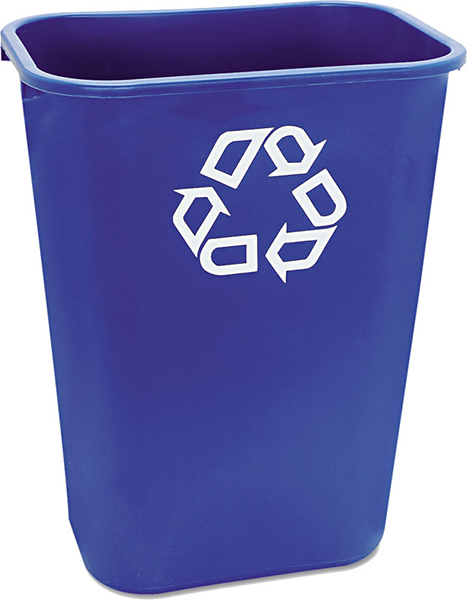
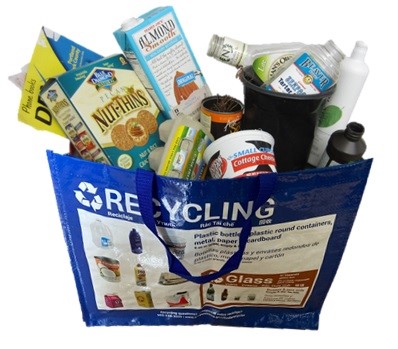 You play a very important role in your community's waste reduction and recycling efforts. Reduce, reuse, and then [italics] recycle right to have the greatest environmental impact. Follow these steps to recycle right in your community:
You play a very important role in your community's waste reduction and recycling efforts. Reduce, reuse, and then [italics] recycle right to have the greatest environmental impact. Follow these steps to recycle right in your community: